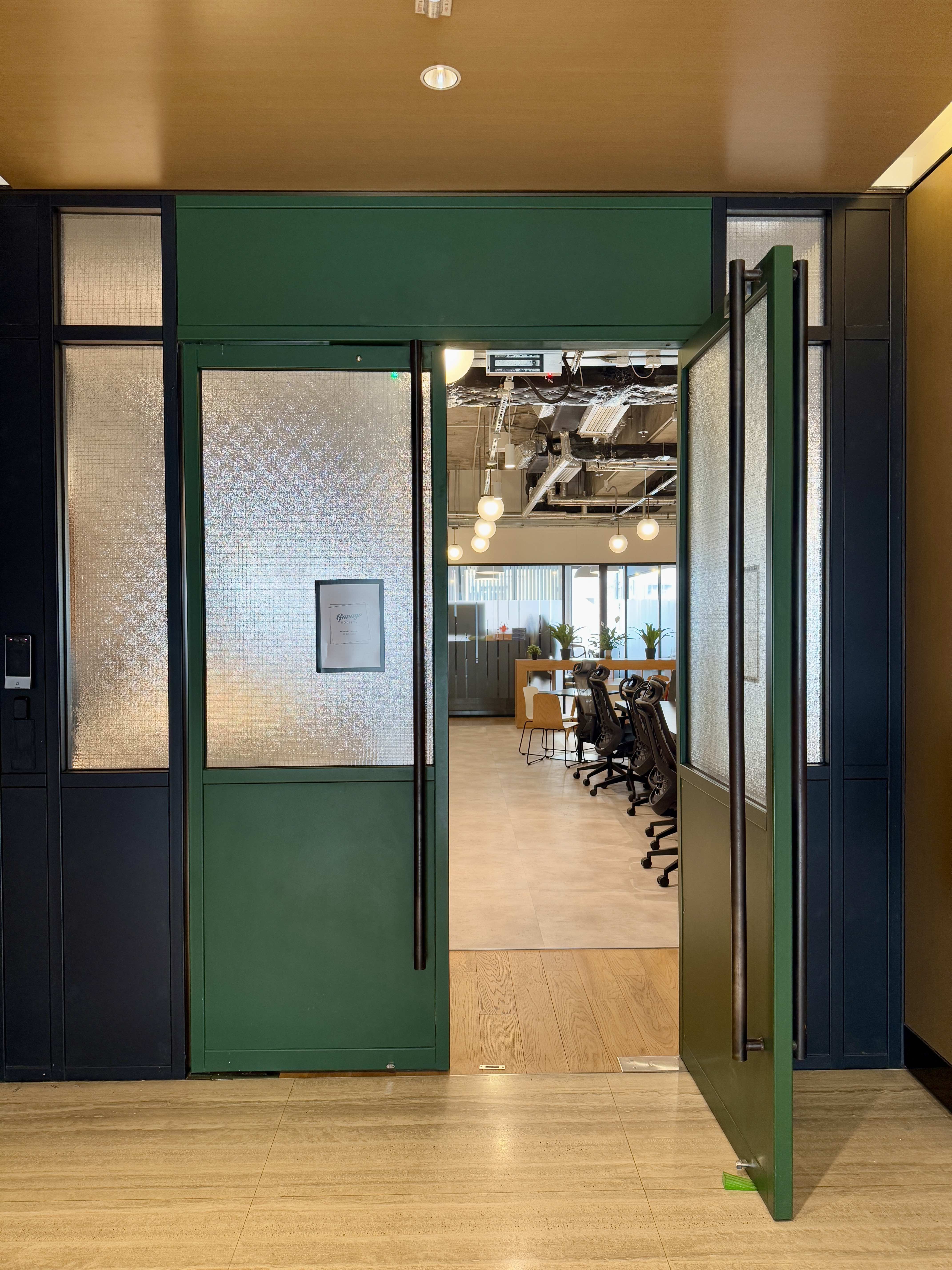LOCATIONS
Hong Kong
-
Facebook
-
LinkedIn
-
Instagram
-
Youtube
We all have days where just thinking about work is grating, and productivity is as likely as a day with no news of Donald Trump. While the speed at which an individual works is subjective, failure to meet deadlines over a long period of time is an indication that there may exist issues in your team structure that need to be addressed.
Understanding that punitive measures not only bad for team morale, but does nothing to address the root of the problem, is a first step to encouraging those who work too slowly to make more of their day. Read on to see the steps you can begin to take!
The first step is always to simply approach the individual and ask. Having an informal check-in is an easy way to identify the problem. Perhaps the individual is a perfectionist, spread too thin, or experiencing issues with their personal life, it’s best to hear it from the person her or himself before jumping to conclusions.
In order to facilitate open and honest discussion, your questions should steer closer towards “how can I help” rather than “why has your performance been [X]?” Also, make sure to check in regularly in order to keep track of their progress, and show that you’re invested in their success.
While we tend to see our management styles as either micro-and laissez-faire, it’s important to keep in mind that effective staffing sometimes requires you to adopt both when dealing with specific members of the team.
Establishing detailed timelines and prioritising tasks for individuals who have trouble completing them on time is sometimes necessary to give them the right push. Remember: investing the time to get to know, and help to train and grow talent in your company is invaluable in the long term.
We all have to do things we don’t want to do at work, that’s a given. But being mindful of your staffing by taking into account what the team member wants and likes to do can greatly improve their productivity and the company’s overall. The point to highlight is that each individual should feel fulfilled by the task they’re doing, and when they’re happier and more satisfied with their work, the more likely they’ll perform tasks with efficiency and confidence.
Often times, it’s not the individual’s inability to prioritise that causes them to work slowly, but the fact that they may be too distracted to do so. For instance, some individuals take longer to refocus on a task, so having to answer calls while they need to complete something may not be the best condition for them to work in.
Giving them the space to work on one task at a time is likely to benefit their productivity and the company’s as a whole. While you may want your entire team to be great multi-tackers, the reality is that multi-tasking is not a good thing at all.
 Garage Blog
Introducing Garage Society's Newest Premium Workspace at Tower 535 Causeway Bay
Garage Blog
Introducing Garage Society's Newest Premium Workspace at Tower 535 Causeway Bay
We're thrilled to announce the opening of our newest Garage Society location in the heart of Hong Kong's most dynamic business district!
Garage Society Causeway Bay brings our signature blend of community, innovation, and premium workspace to Causeway Bay's prestigious commercial hub.
 Garage Blog
From Flat White to Flexspace - The Best Coffee Spots Near Garage Society Locations
Garage Blog
From Flat White to Flexspace - The Best Coffee Spots Near Garage Society Locations
Looking for the perfect cup of coffee to fuel your workday?
Members enjoy free coffee 24/7 in our spaces, but sometimes they need a change of scenery (or bean!). That's why we've compiled this guide to our members favourite independent coffee shops near each Garage Society location!
Whether you're a dedicated hot desk member or just exploring flexible workspace options, stay caffeinated and inspired with our picks below: